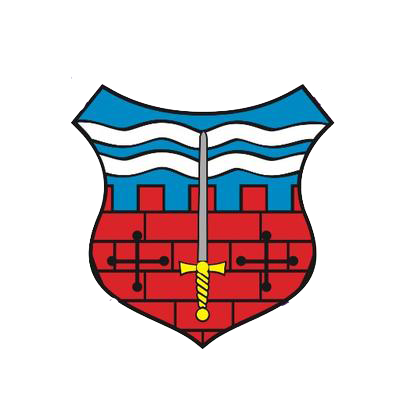How Minerva helps young people in the community
21st November, 2024
Now, more than ever before, young people in our community need support and opportunities in which to thrive. Sport, in particular, can provide a safe and structured environment where they can build confidence and develop life skills that may otherwise be inaccessible.
Over the years, Minerva Rowing Club has collaborated with charities such as Mentoring Plus, that supports children and young people across Bath and Somerset, providing the facilities and coaching to help young people learn to row. Humphry Pain, Mentoring Manager at Mentoring Plus, says:
“We’ve had a good relationship with Minerva for years now, bringing children and teenagers down to get on the water. It’s completely out of their comfort zone – but that helps with their confidence. Taking time out from the chaos or isolation they have in their normal lives is so good for children. They enjoy the connection with others, they feel part of the community and realise they can do other things. It really helps them to go on and achieve in life.”
Regular participation in sport helps to build strength, improve cardiovascular health, and promote overall fitness. And it can also have a profound effect on mental health. Engaging in sports can provide a welcome distraction and an opportunity to relieve stress. Physical activity triggers the release of endorphins, which improve mood and contribute to a sense of well-being. Furthermore, sports can help young people manage their emotions, improve their resilience, and develop coping mechanisms for the challenges they face in their daily lives.
For Lewis Fenton, learning to row at Minerva was exactly what he need as a teenager:
“I hated school and couldn’t wait to get away from it. Rowing was new and very different for me. Being out on water made me feel good – away from all the cars and pollution – and not being stuck in a room inside. The peace and quiet helped me escape everything and gave me time to think.”
Lewis was 15 when he first joined Minerva, and continued rowing until he began full-time work aged 19. He says: “When I’d come down to Minerva, everyone was friendly and happy and pleased to see me. They gave me the confidence to give rowing a go. And, you know, I was all right at it.”
Minerva member, Sue Lees, recalls: “I knew from the start that Lewis would be good. He’s quite a leader in his own way and was so sociable that he naturally helped others too.”
Rowing – and other sports – are an excellent way for young people to build social connections, particularly in communities where social isolation is common. Being part of a sports team or group encourages cooperation, teamwork and communication – skills that are essential for personal development and future success. Sport promotes inclusivity and can provide a sense of belonging, which is especially important for those who may feel marginalised or disconnected from their peers.
Lewis agrees with this. He says: “Rowing gave me the confidence in other areas of my life. As I rowed more, I lost weight and got fitter – and I felt better about myself.”
For young people growing up in environments where there may be limited structure or guidance, sport also provides a way for developing discipline and time-management skills. Participating in team sports or following a training regimen requires commitment, punctuality, and focus. These skills are transferable to other aspects of life, including education and employment. Learning to work towards goals, adhere to routines, and manage challenges is invaluable for personal growth and future success.
“I think the connections at Minerva helped Lewis in many ways,” says Sue. “For example one of our members – Mark, a qualified driving instructor – allowed him to use his car when someone let Lewis down at the last minute – and so he was able to take, and pass his driving test. Lewis is a bus driver now!”
Young people who participate in sports often experience an increase in self-confidence and self-esteem. As they improve their skills and achieve milestones, whether completing a race, or mastering a difficult technique, they gain a sense of accomplishment. This boosts their self-worth and belief in their abilities. “Although I’m not rowing much at the moment, I know I’ve got the skills I’ve learnt for life – and the experience I had at Minerva was the best. It’s tricky at the moment, but I know I’ll get back into it again.”
Would Lewis recommend it to other young people? “Yes! Take the jump – the river isn’t as cold as it looks!”
